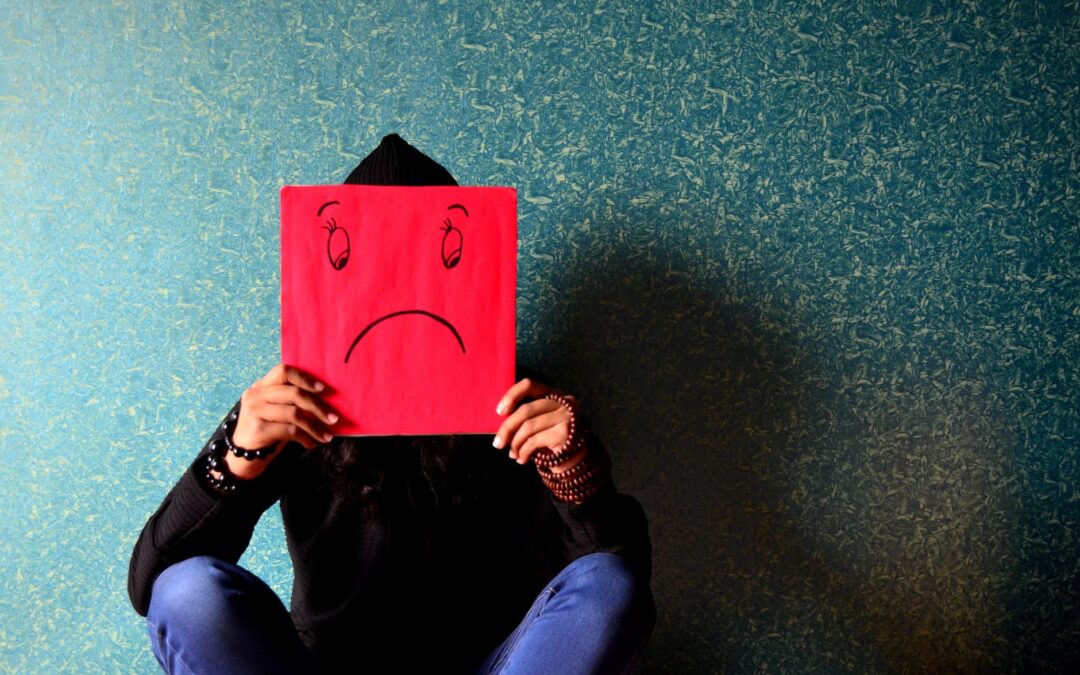Everyone feels blue at some point, but how do you know when your symptoms are severe enough to be considered clinical depression? Signs of depression can vary from person to person, and not all symptoms are alike. Understanding what the signs of depression, and knowing when to seek help, could save your life, or the life of a loved one.
Depression is one of the most common mental health conditions: 1 in 5 Americans, at some point, will experience a depressive episode during their lifetime. Though a common condition, many people fail to recognize when they need to seek help, downplaying the severity of their symptoms. Sometimes their depression goes unnoticed and diagnosed, even by doctors in a primary care setting. Not to mention, many common medical conditions can cause prolonged depression or anxiety symptoms— the symptoms can easily disrupt someone’s daily life, without them even realizing the root of the problem.
Here are some common symptoms of depression to be mindful of:
- Consistent feelings of sadness, hopelessness, emptiness
- Persistent feelings of frustration, anger, irritability
- Loss of interest in activities that use to be enjoyable
- Feelings of guilt or worthlessness
- Trouble concentrating or restlessness
- Disrupted sleep, including having trouble falling asleep, or not being able to sleep through the night
- Changes in weight or loss of appetite
- Persistent headaches or other body pains
- Thoughts of suicide or death
Depression symptoms—as opposed to the symptoms of situational sadness—usually last for more than two weeks. Keep in mind, not every person will have the exact same symptoms. There are also various types of depression symptoms that may occur in tandem with other unrelated physical health issues. For instance, anxiety or depression can come along with personality disorders, diabetes, and other health conditions. It is important to see a doctor to rule out other causes of symptoms.]
When to Get Help
If you are experiencing depressive symptoms for more than two weeks, it is best to check in with your primary care doctor or therapist for further diagnosis. A doctor can help rule out physical issues, and a therapist can help with mental health treatments.
Depression is a treatable condition. A good therapist or psychiatrist can help prescribe a variety of treatments, from talk therapy to antidepressant medications, depending on the severity of depression. If someone is in crisis or having thoughts of suicide, it is important to call an emergency services provider immediately.
For those who fail to respond to traditional first-line depression treatments, ketamine infusions may be a solution. Ketamine infusions are effective for up to 70% of depressed patients, even those who have resisted other treatments in the past. If you are struggling with depression and nothing else has worked, contact our ketamine clinic today for a free phone consultation. We may be the hope you have been looking for.


Recent Comments